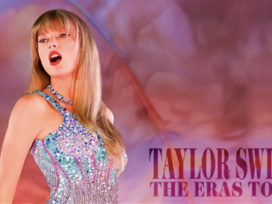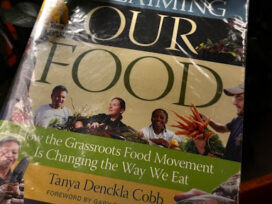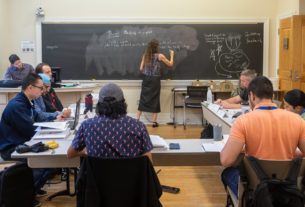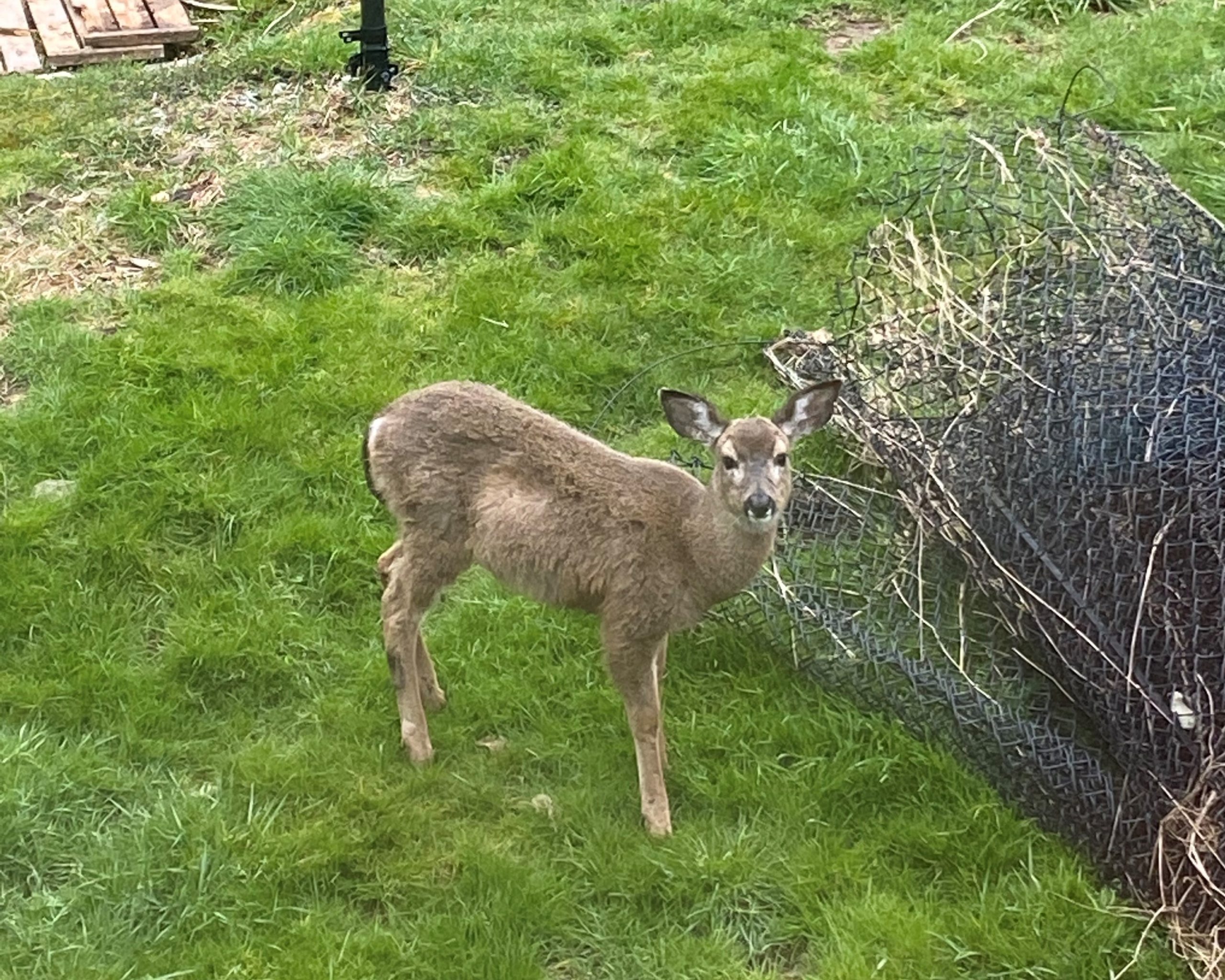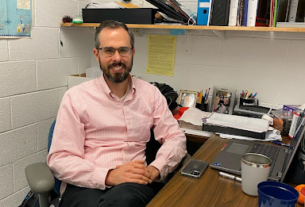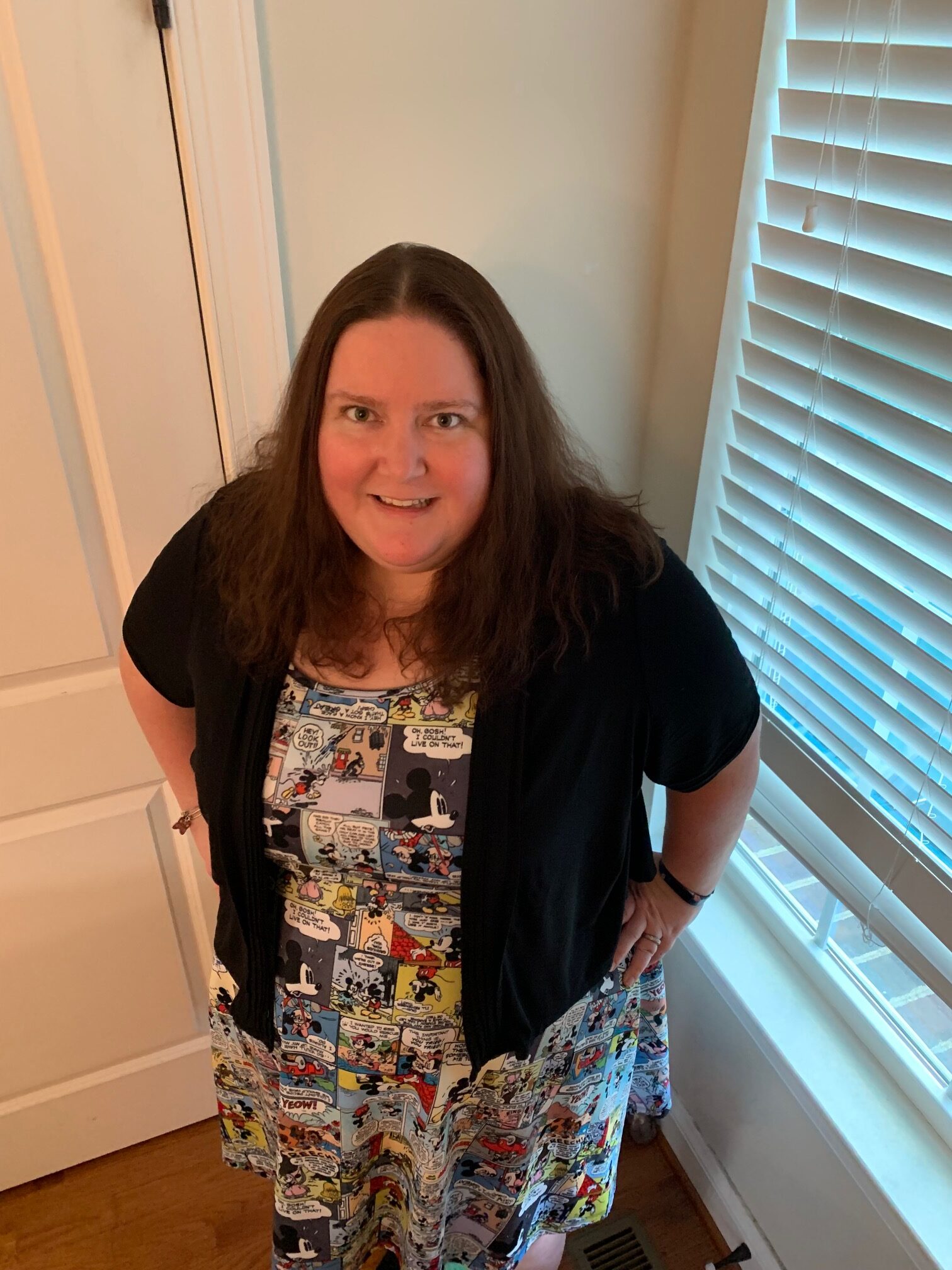
Intro to Journalism: Improve Your Writing and Get Published
One of the ways the authors of the Constitution ensure freedom for their citizens is through a free press. United States citizens have had the right to a free press almost as long as the U.S. has been a country. This makes honest journalism a privilege for any U.S. citizen.
“I do believe that journalism is the watchdog of the government,” said Dr. Tamara Whyte, the professor of English who teaches ENG 121: Intro to Journalism. Students should not expect to be exposing corrupt government just yet. Rather, Whyte aims at teaching students “how to more effectively communicate.” Her class is not only focused on journalism writing methods, but also on writing principles that can help when writing emails, writing reports, and general communication.
“And, of course, it is fun to get published,” said Whyte. Any ENG 121 student who wants their work published in PVCC’s student newspaper, The Forum, can do so as long as it is appropriate and peer-edited.
A large portion of the class is dedicated to writing short weekly articles for the newspaper. Whyte says writing frequently, even small things on a deadline, can help improve your writing. “The only way you become better is by doing,” she said. She also encourages students to eliminate the “fluff”, or the words that do not help get a point across from writing. Breaking this habit not only helps with journalistic writing but also with day-to-day communication.
Another part of journalism is conducting interviews. “You learn to talk to someone you have not talked to before,” said Whyte. “It gives you opportunities to explore things you care about but also to get outside of your comfort zone.” Students can choose to interview someone with whom they are acquainted, but they are encouraged to interview new people.
The first interview required is well into the semester, though. While introducing students to journalism, Whyte also teaches basic writing skills. “I am very transparent with grading…so everything has a rubric,” she said. “I am not looking for a perfect article.”
“But you should not take it because you think it is easy,” she said. “You should take it because you want to write or explore or edit.” When you leave the class, you will have a portfolio showcasing how you have grown as a writer. You may also grow as an interviewer, an editor, and someone who can highlight stories that otherwise might not be seen. To Whyte, good journalism “shows you the world. And it shows you the people in your community that you might miss otherwise.”
“And the textbooks are cheap,” said Whyte. One of the two books is free online through the Betty Sue Jessup Library. The other is only $20-30, or free with a Kindle Unlimited subscription.
ENG 121, course number 54205, is offered as a 16-week, 3-credit course in the spring semester. It also qualifies as a Civic Engagement class, which is a requirement for graduation. The only prerequisite is ENG 111: College Composition I. It meets Tuesdays and Thursdays from 2-3:15 p.m. in the writing center classroom, M627.

